A Unique Community
A constitutional change
Targeted by criminal laws
Denied of all Rights
Massacre in Lahore
Persecution Continues
International Extremism
The Ahmadiyya Muslim Community is unique in the Islamic world. It has experienced unrivalled success as well as bitter persecution.
In Pakistan, it is the only community that faces state-sponsored persecution, and its followers are imprisoned for practising Islam.
Targeted by governments and extremists, Ahmadi Muslims – whose motto is ‘Love For All Hatred For None’ – have endured decades of extremism, hostility and violence that has grown internationally. This is their story.
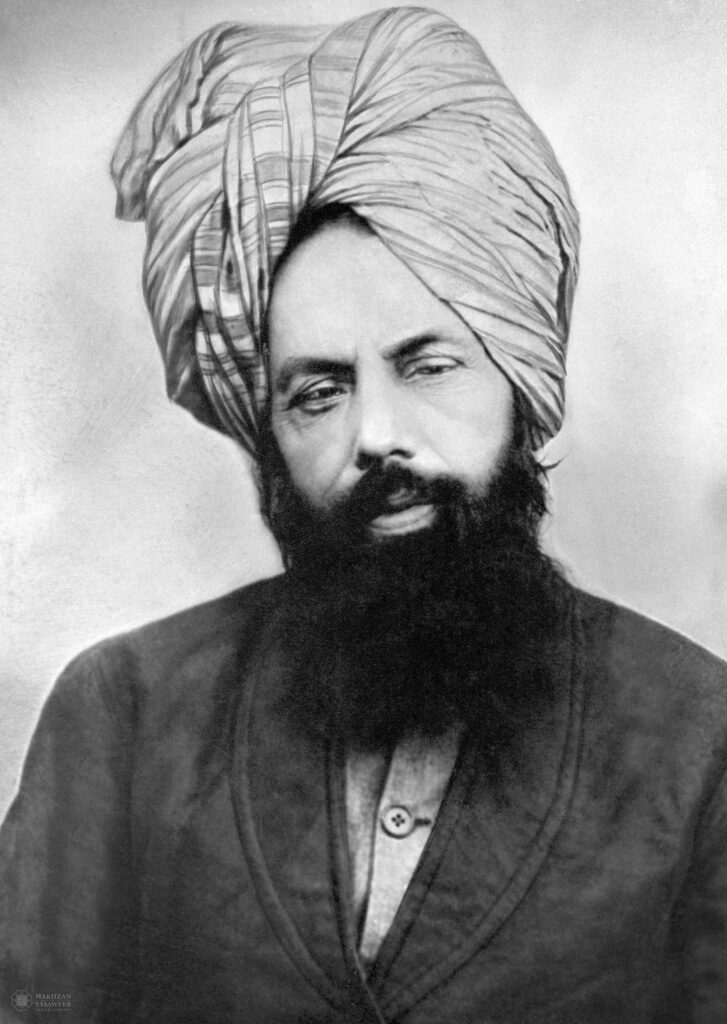
The Ahmadiyya Muslim Community was founded in 1889 in Qadian, India by Hazrat Mirza Ghulam Ahmad (peace be upon him), who claimed under Divine guidance that he was the Promised Messiah and Imam Mahdi as prophesied in Islam.
It is a unique claim.
Hazrat Mirza Ghulam Ahmad brought no new teachings or scriptures but sought to revive the true, peaceful teachings of Islam – the essence of which were one’s duty to God and to serve God’s creation.
He reaffirmed Islam’s principles including compassion and charity, seeking knowledge, loyalty to one’s country, freedom of religion, and of separation of mosque and state.
His striking message contrasted sharply with the contemporary Islamic world.
He also revived the institution of Khilafat (Caliphate) – a system of spiritual leadership with no worldly or political ambitions.
After his demise in 1908 a series of Caliphs have led the community. The present Caliph is His Holiness Hazrat Mirza Masroor Ahmad, who is the Fifth Caliph of the community and he is based in the UK.
He leads the global the Ahmadiyya Muslim Community, that is now established in 212 countries, with a membership in the tens of millions.
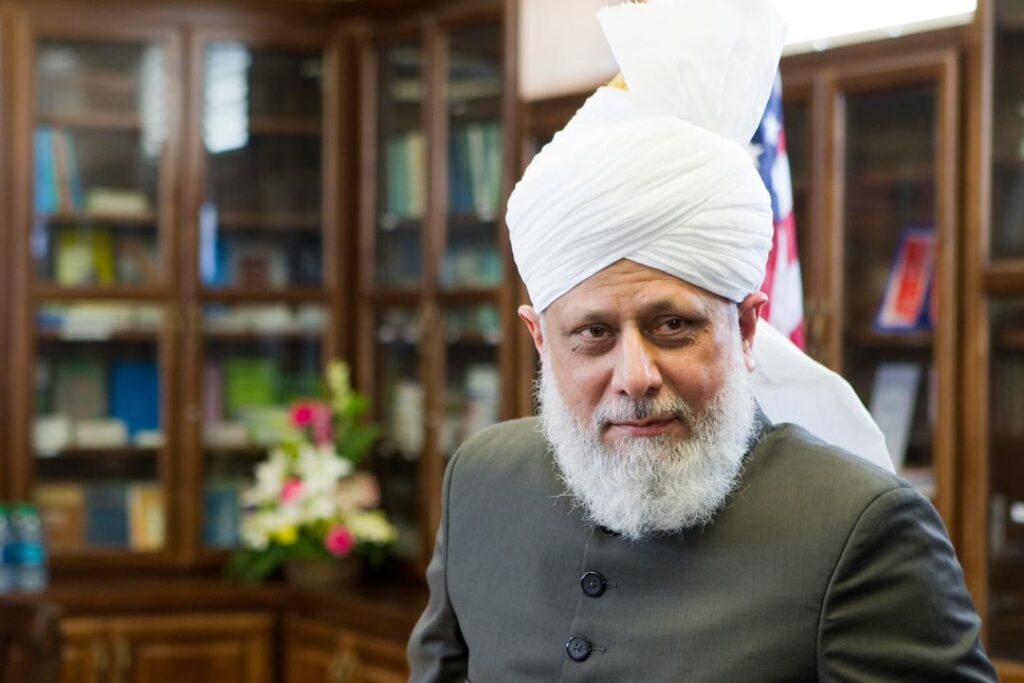
For more than half a century, orthodox clerics in India, and subsequently Pakistan, exploited the theological differences between Ahmadi Muslims and other Muslims, issuing fatwas declaring Ahmadi Muslims as heretics and apostates.
For more than half a century, orthodox clerics in India, and subsequently Pakistan, had exploited the theological differences between Ahmadi Muslims and other Muslims, issuing fatwas declaring Ahmadi Muslims as heretics and apostates worthy of death.
However, in 1974 things took a dramatic turn when the newly-elected Prime Minister, Zulfikar Ali Bhutto, sought to galvanise his political position by seeking to bolster his ‘Islamic’ credentials in the nascent Islamic Republic of Pakistan.
He courted right wing political-religious organisations like Jamaat-i-Islami and Khatme Nabuwwat that used their street power to draw crowds and in exchange for their support he acceded to their demands to amend the constitution to declare Ahmadi Muslims as non-Muslims.
It was a watershed moment in the history of Pakistan and the wider world.
The state had intervened directly to deny Ahmadi Muslims their fundamental human right of freedom of religion.
In a single sweep the amendment made Ahmadi Muslims second-class citizen. Despite the very substantial contribution made by Ahmadi Muslims in the service of Pakistan the country cast them aside and sought to eradicate them from its history.
Ahmadi Muslims who served Pakistan with distinction include:
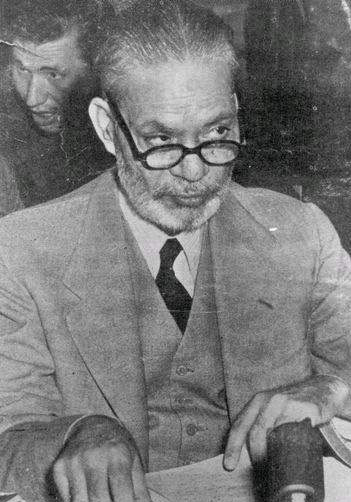


Despite such radical efforts for popularity Bhutto’s reign did not last and in 1977 General Zia-ul-Haq took power in a coup and declared martial law.
To legitimise his dictatorship, Zia enforced a cruel regime under the guise of ‘Islamisation’. He too turned to the religious hardliners for support and Ahmadi Muslims were once again made the prime target of this populist campaign.
In 1984, Zia introduced legislation that ratcheted up the persecution of Ahmadi Muslims. While the 1974 constitutional amendment had stripped Ahmadi Muslims of the right to be stated as Muslims before the law, it had not sought to stop them from practicing Islam. Ordinance XX did just that and criminalised their very existence.
It struck at the heart of their Islamic faith and legally barred Ahmadi Muslims from “posing”, either “directly or indirectly as Muslims”.
The penal laws (known as the anti-Ahmadi Muslim laws) did not stop there, as Ahmadi Muslims were now prohibited from:
This paved the way for Ahmadi Muslims to be charged with ‘crimes’ such as offering the Islamic greeting of peace, Assalamo Alaikum (may peace be on you), or even using Islamic terminologies such as the Shahadah – the decaration of faith that is the first and foremost pillar of Islam, held sacred by all Muslims.
The law prescribed a three-year prison sentence and a fine for such ‘crimes’.
The blasphemy laws were also revised and carried the death penalty if any activity was deemed to offend Muslims.
The raft of draconian legislation added a new dimension to the hostility against Ahmadi Muslims as it offered a legitimate route for the state and clerics to target Ahmadi Muslims and have them arrested, simply on grounds of faith.
This made life impossible for Ahmadi Muslims and reflected a further gross violation of their human rights in Pakistan.
This had a particular impact on the town of Rabwah, Punjab. Nestled on the bank of the Chenab River, Rabwah was a town founded by the Ahmadiyya Muslim Community and served as their headquarters. It was also the home of the Caliph.
Ordinance XX made it impossible for the Caliph to remain in Pakistan, as the anti-Ahmadi Muslim laws meant the Caliph faced a constant risk of arrest. On 29 April 1984, the Caliph, His Holiness Hazrat Mirza Tahir Ahmad migrated to the UK. The Caliphate has been based in the UK ever since.
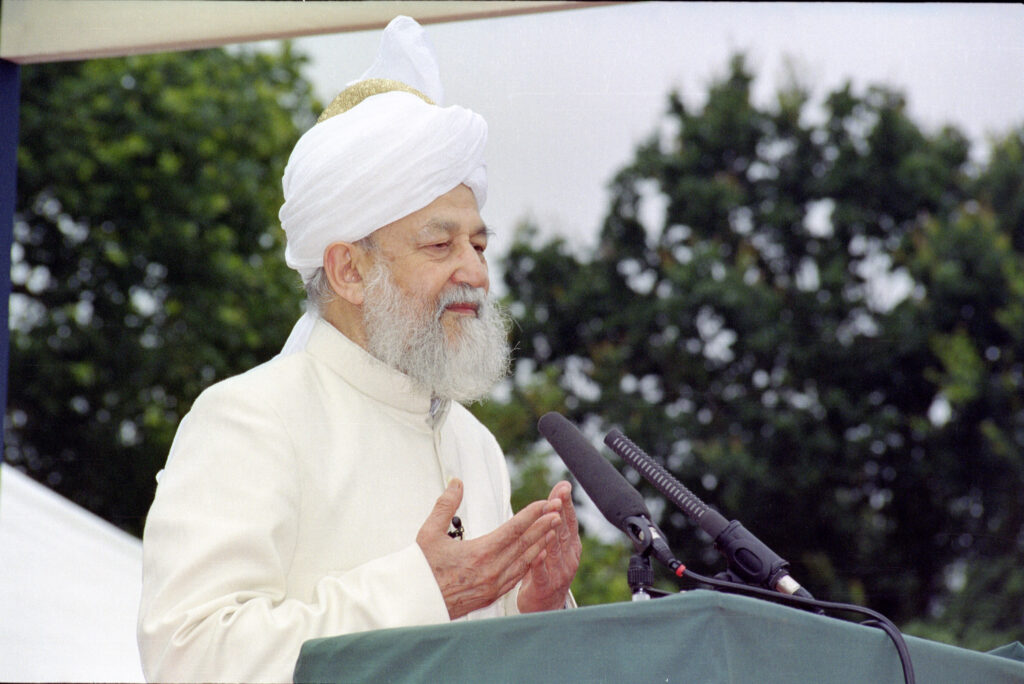
Persecution has continued to intensify under every government.
Ahmadi Muslims are:
The persecution is relentless.
Even after death Ahmadi Muslims are targeted with their graves desecrated and even their bodies are exhumed – and all for the ‘crime’ of having professed their faith as Islam.
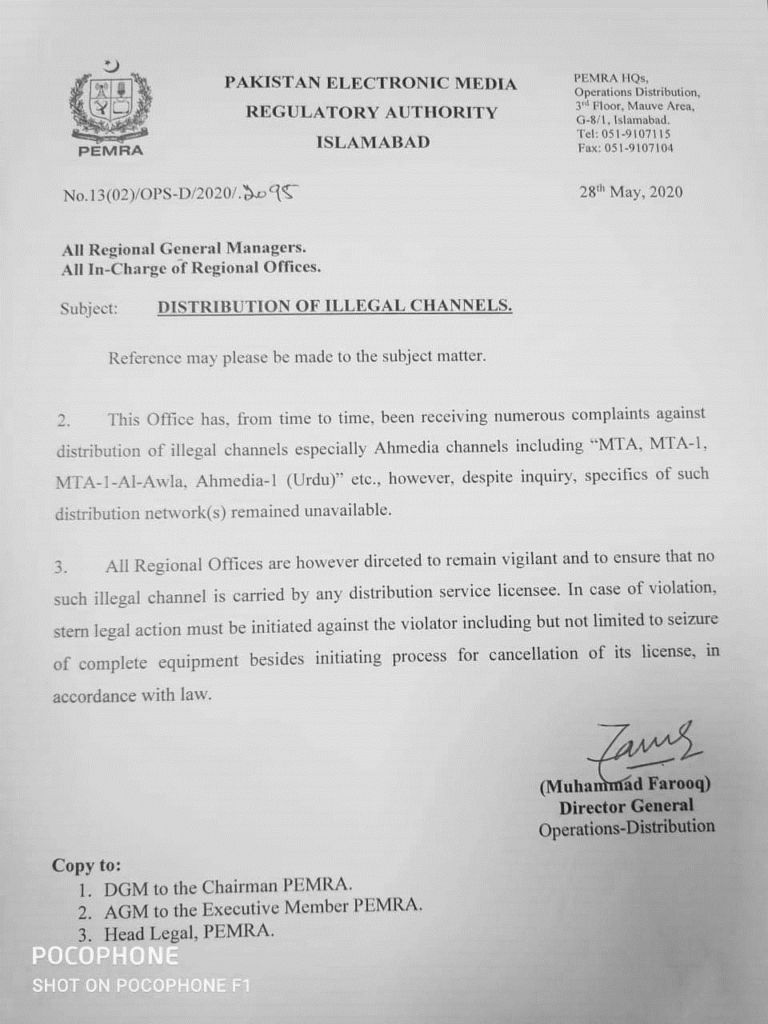
As a result of the laws and the rampant violence carried out by extremist clerics Ahmadi Muslims face a barrage of harassment, persecution, violence and even murder on grounds of faith.
One of the most shocking incidents took place in Lahore, on Friday 28 May 2010. That day – as on every Friday – Ahmadi Muslims set off for Jummu’ah (or Friday Prayers) at their mosques. But that day 86 Ahmadi Muslims never returned to their families.
Timed to be simultaneous, terrorists wielding AK-47s, shotguns, and hand grenades, stormed two Ahmadi Muslim mosques in Lahore and indiscriminately opened fire.
It was a massacre. Blood caked the walls and floors and the terrorists even had time to reload and target those that had survived the first wave of attack.
The authorities were warned countless times before about terror threats being made against the Ahmadiyya Muslim Community but had turned a blind eye.
The police took two and a half hours to arrive and only then engaged the militants; some of which had taken the positions on the top floors and were firing from above.
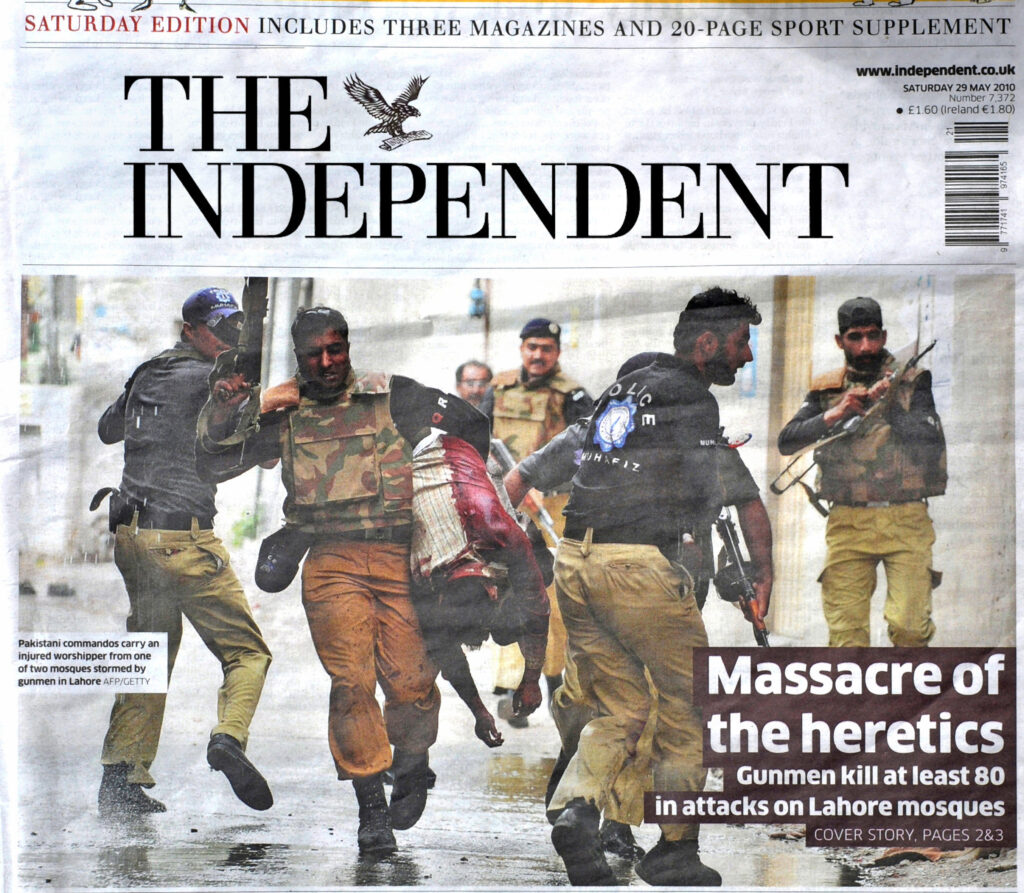
Three days later, those Ahmadi Muslims that had been taken to hospital were once again attacked. Militants stormed the hospital and those Ahmadi Muslims patients that had survived the ordeal were inflicted with further injuries. It remains the deadliest attack upon the Ahmadiyya Muslim Community to date.
86 Ahmadi Muslims never returned to their families that day.
The anti-Ahmadi Muslim laws remain on the statue books and the persecution continues.
Often assisted by the local police, local clerics have demolished Ahmadi Muslim headstones and mosques. School children are taught with textbooks that encourage them report Ahmadi Muslim students to the Khatme Nabuwwat council (a violent anti-Ahmadi organisation). Similarly, students are encouraged to refuse being taught by an Ahmadi Muslim teacher.
On instances, Ahmadi Muslims have been barred from praying on the day of Eid and as recently as August 2020, three Ahmadi Muslim men were prosecuted for observing the religious tradition of sacrificing an animal to distribute its meat among their neighbours in celebration of Eid ul Adha.
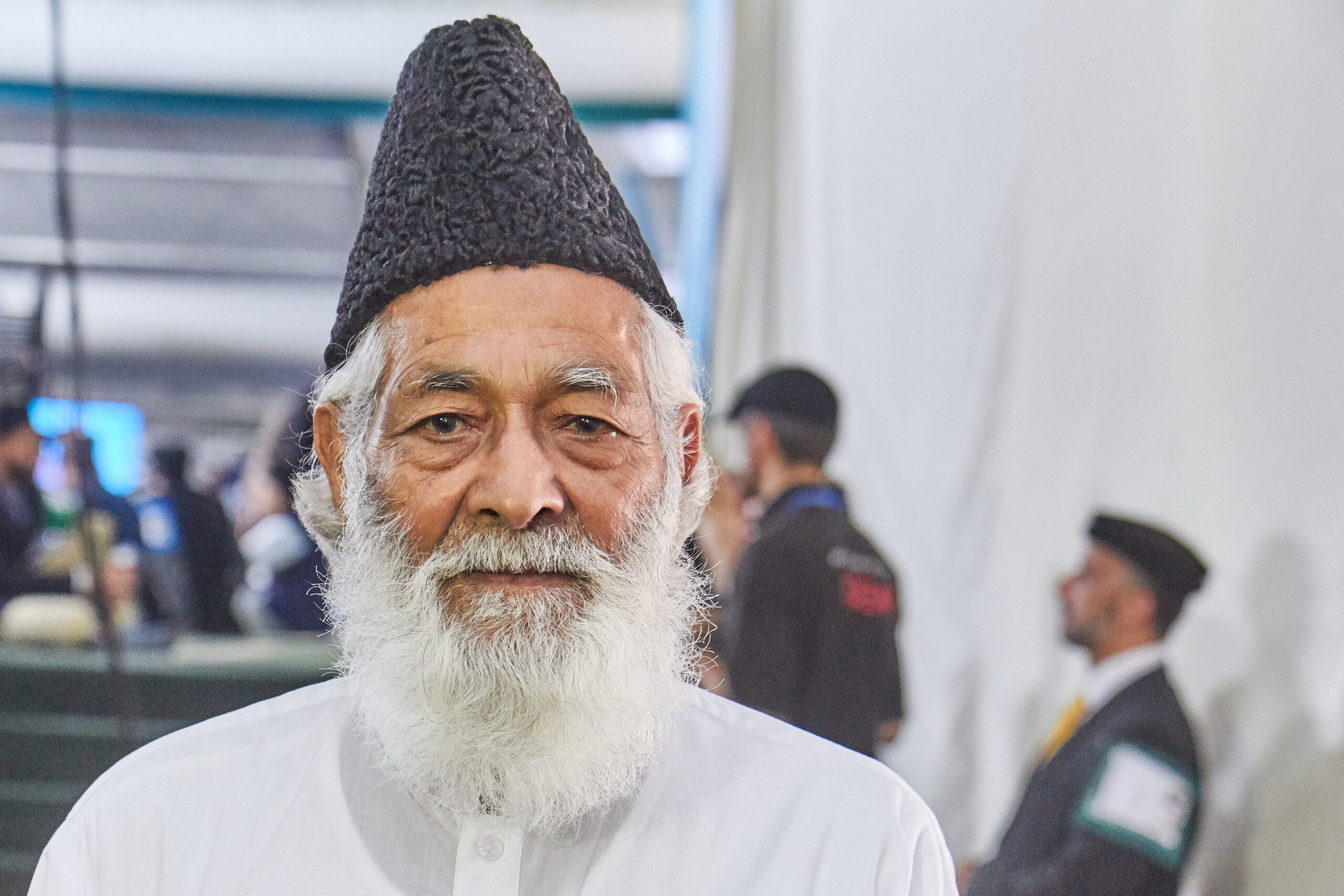
In 2014, in response to a terrorist attack on a school in Peshawar, the Government of Pakistan enacted its National Action Plan: anti-terror legislation that was aimed at stopping sectarian hatred but was used to target the Ahmadiyya Muslim Community. Without any proof of terrorism or terrorist-related activity, Abdul Shakoor, an 80-year-old bookseller, was arrested in 2015 by Punjab’s Counter Terrorism Department and sentenced to 8 years imprisonment.
To this day the target killing of Ahmadi Muslims also continues apace with hundreds murdered in cold blood and the laws, clerics and extremists leave little peace for Pakistan’s Ahmadi Muslims.
To find out more about the daily persecution Ahmadi Muslims face, click below
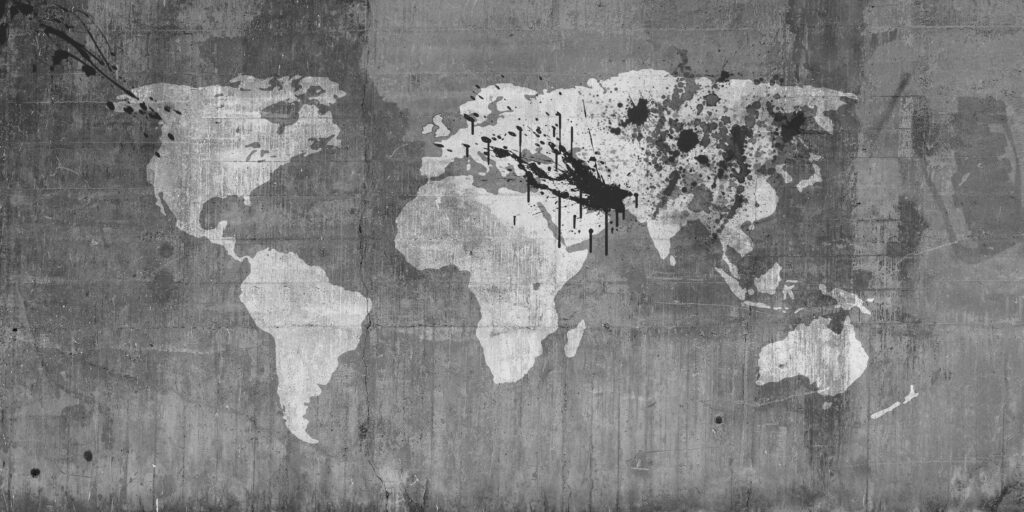
Intolerance and extremism knows no boundaries, so it is little surprise that anti-Ahmadi Muslim extremism has also found its way to other countries including the UK.
Issues arising include being denied membership of organisations for self-identifying as Muslims, the distribution of hate leaflets calling for the death of Ahmadi Muslims, anti-Ahmadi Muslim posters in shops, and even bullying at schools.
In 2018, OFCOM found Radio Ikhlaas culpable for broadcasting inflammatory remarks against the Ahmadiyya Muslim Community and similarly, in 2019, Channel 44 was fined for airing anti-Ahmadi Muslim hatred. There is also routine anti-Ahmadi Muslim hate on social media channels that remains a vibrant space for extremist views.
The most shocking incident in the UK was the religiously-motivated murder of Ahmadi Muslim Glasgow shopkeeper Asad Shah in 2016.

This hostile climate has culminated in the installation of airport-like security in a number of the Ahmadi Muslim mosques across the country.
Hate, hostility and persecution is found in other countries too. Algeria, Indonesia, Kazakhstan, Egypt and Kyrgyzstan, to name a few, are all where harassment and persecution continues, denying Ahmadi Muslims their right to freedom of religion.
Even in Bulgaria, an EU member state, the Ahmadiyya Muslim Community was denied rights. Twice it attempted to register itself as a religious community and twice it was rejected on the advice of the country’s Grand Mufti. It took a ruling by the European Court of Human Rights to push through their registration.
To find out more about the impacts of anti-Ahmadi Muslim sentiments in the around the world, click below
We have seen in the past few decades how anti-Ahmadi Muslim bigotry has spread across the world. This issue will snowball out of control unless swift action is taken to ensure Ahmadi Muslims, along everyone else is afforded the basic right to freedom of religion or belief. For a society to be inclusive, it is paramount that the human rights of all are defended and respected.
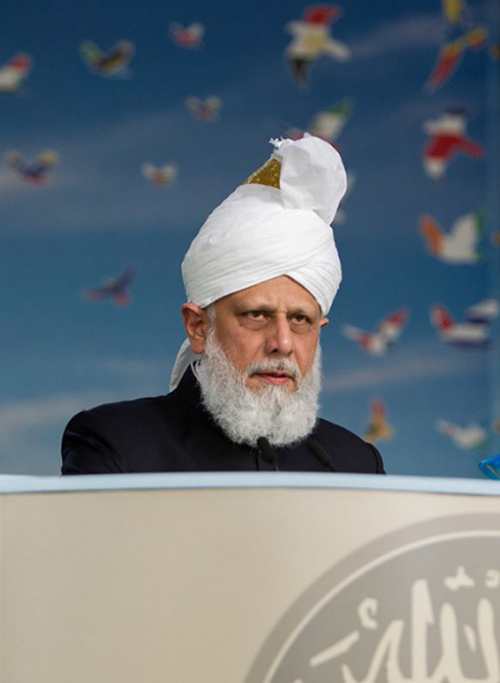
“We earnestly desire for Pakistan to prosper and to succeed […] Every nation, and every individual, must play their role in the cause of peace so that the world we bequeath to our children and future generations is a world of peace and prosperity.”
